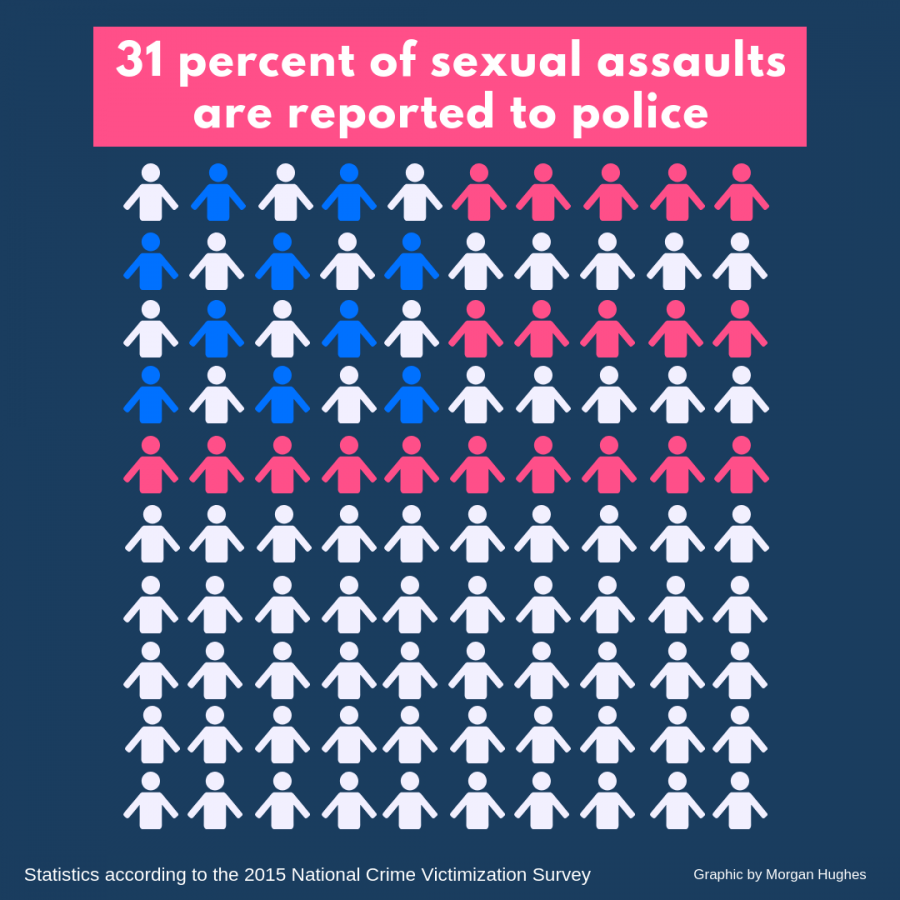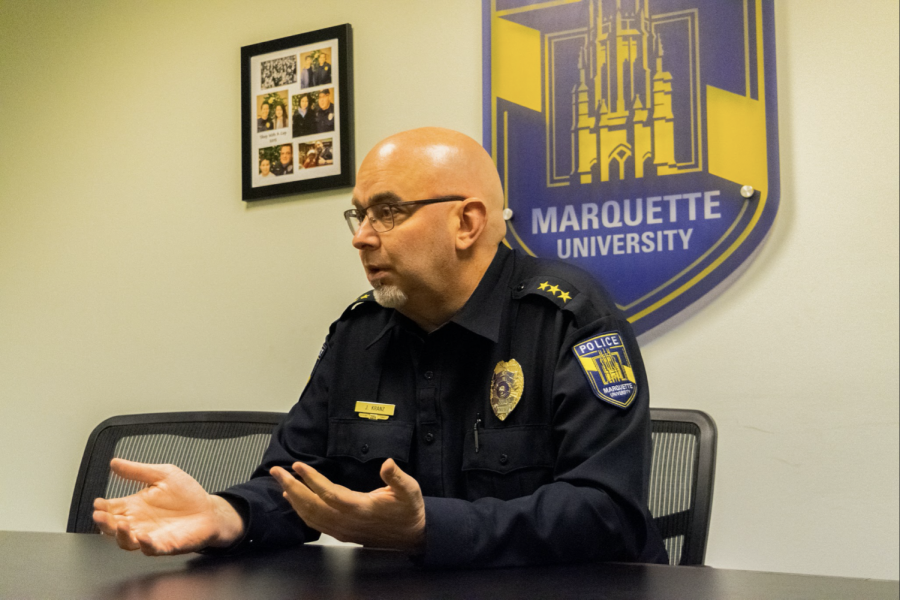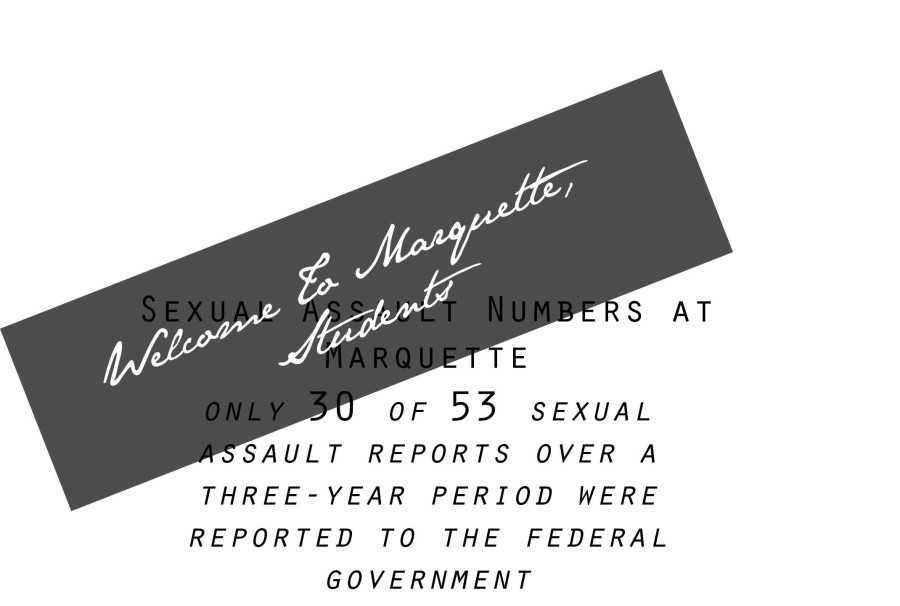Criminal activities are often commonplace at Marquette, as every week the Department of Public Safety reports theft, battery, vandalism and trespassing — to list a few crimes frequently committed — on campus and in the surrounding Milwaukee community. Under the Clery Act, the university must publicly document all the reports it receives, and based on any noted crime trends, DPS sometimes offers more clear tips to avoid unsafe circumstances. This past week one crime in particular stood out on DPS’s site: trespassing.
The Wisconsin State Legislature defines criminal trespassing as “intentionally enter(ing) the dwelling of another without the consent of some person lawfully upon the premises, under circumstances tending to create or provoke a breach of the peace.” On Wednesday, Sept. 24, “a person not affiliated with Marquette trespassed in [a] student’s unsecured residence in the 1300 block of West Kilbourn Avenue,” according to the DPS daily log. That same day, a similar event occurred in Schroeder Complex, and the next day, outside of McCormick Hall.
The three trespassing incidents occurred between 7 a.m. and 10 p.m., indicating students were likely at risk walking to and from academic buildings and the dormitories at regular times throughout their day. Though DPS did catalog the events online, further discussion on the incidents is virtually nonexistent.
DPS sends out news updates on major incidents via email with the same guidelines each time: students should walk in pairs, utilize LIMO and safety patrol services and when approached, surrender property. However, these blanket suggestions do not universally apply to all forms of crime and DPS reports only inform students after the fact and reiterate these principles when it could take a more proactive role.
When crimes recur, DPS should take note and approach the issue with greater proactivity. Crime reports give students a glimpse of the status of crime on campus and in the surrounding community, but generic public safety tips can only go so far when it comes to preventing future crimes. Students often fail to respond to criminal activity because they are not fully aware of the options they have at their disposal, and some assume they do not have to modify their behavior because other people will.
With past crime outbreaks, DPS has taken a more preemptive approach. Last year, cell phone “snatching” became an increasingly common crime across the country and particularly on campus. In light of the trend, DPS disseminated practical tips and information on how students should best respond to the trend, and some students adopted the suggestions, like do not text while walking alone and put your phone away when not in use. This kind of commitment to serving the general safety interests of the student body through a more involved and interactive approach should be a common practice by DPS.
Of course, DPS is not solely responsible for eradicating crime on campus altogether. The Marquette community should not expect DPS to prevent and solve all forms of crime on campus, and students likewise fall short. It is difficult for every student to take every safety precaution possible at all times.
DPS has the best access to information concerning crime on campus, and is therefore most aware of trends in crime, how best to avoid crime and what courses of action are available to mitigate the effects. With this information, students should choose to alter their behavior based on solid facts and concrete suggestions on how best to respond to and avoid crimes in a proactive manner.
Moving forward, DPS should continue to provide alerts and in-depth reports on crime at Marquette and in the surrounding community, but students also need to act on a more detailed and pragmatic set of guidelines to outline what practical steps they can take in response to developing crime trends.






